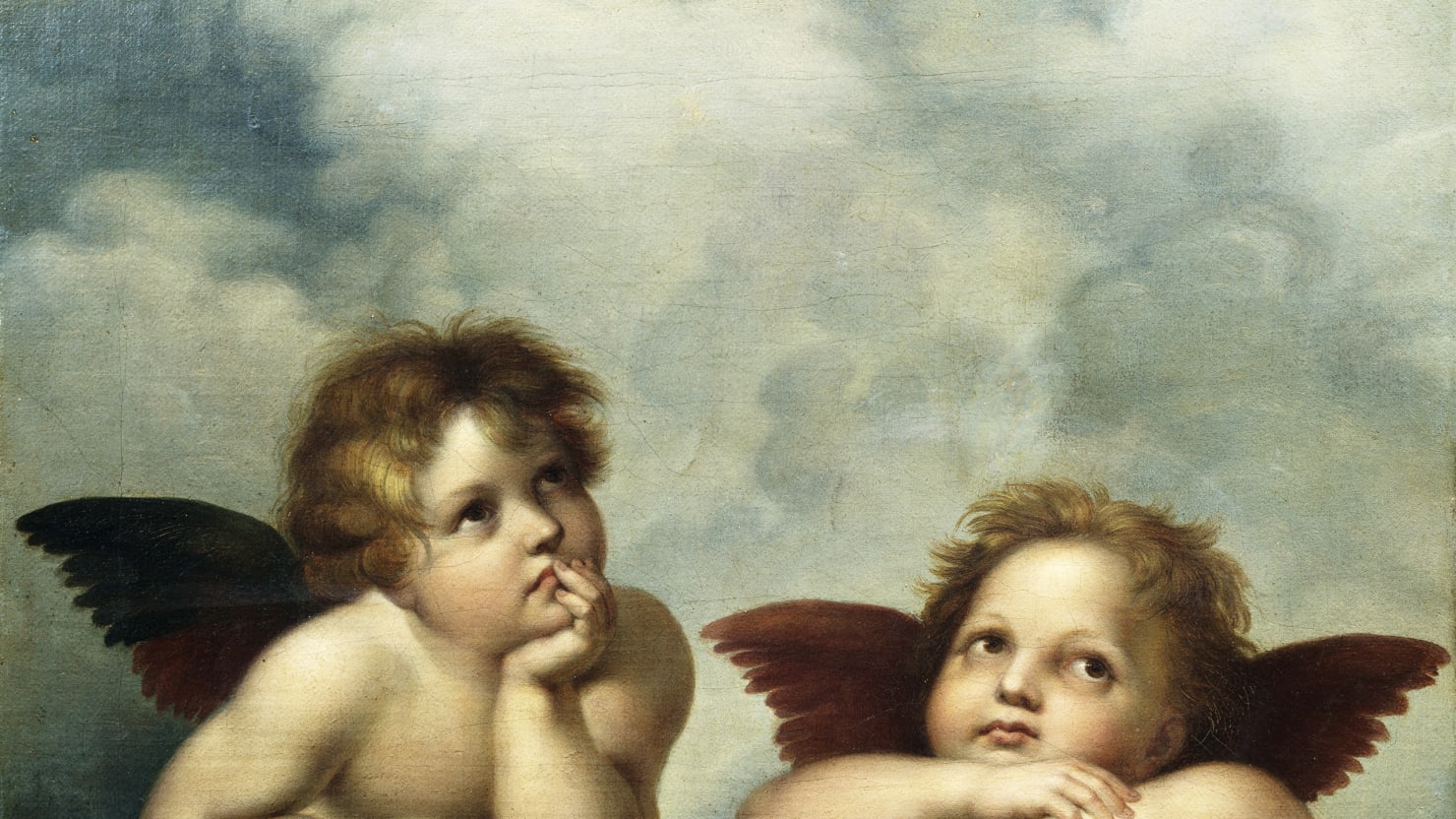***
Gospel: John 1: 47-51
Jesus saw Nathanael coming toward him and said of him,
“Here is a true child of Israel.
There is no duplicity in him.”
Nathanael said to him, “How do you know me?”
Jesus answered and said to him,
“Before Philip called you, I saw you under the fig tree.”
Nathanael answered him,
“Rabbi, you are the Son of God; you are the King of Israel.”
Jesus answered and said to him,
“Do you believe
because I told you that I saw you under the fig tree?
You will see greater things than this.”
And he said to him, “Amen, amen, I say to you,
you will see heaven opened
and the angels of God ascending and descending on the Son of Man.”
The Gospel of the Lord.
***

***
Angels are like special friends sent to us from heaven. They only exist for two reasons: to praise God, and to guide us along the path of salvation.
Throughout history, God has sent angels to earth with the mission of revealing a message of particular importance. In the Old Testament, for example, an angel was sent to Abraham to tell him not to sacrifice his son, Isaac.
In the New Testament, the angel Gabriel appears to Mary, proclaiming that she will bear the Son of God in her womb. And at the end of time, it is Michael who will slay that ancient beast, Satan.
***
The Church believes that angels still have a purpose in our world. Each and every one of us has been assigned a guardian angel by God to guide us in our affairs.
On the last day of our life, it is our own guardian angel who will bring us to Jesus. We are reminded of this truth at funerals, when the priest concludes the Mass with the words: May the angels lead you into Paradise.
Today, in particular, on this Feast of the Archangels, we’re reminded just how much God loves us – so much so that he creates a guardian angel for each of us to make sure that we make it safely into heaven.
May the angels pray for us.
***

***
Image credits: (1) The Guardian Angel, Marcantonio Franceschini (2) Song of the Angels, Adolphe Buoguereau (3) The Daily Beast








